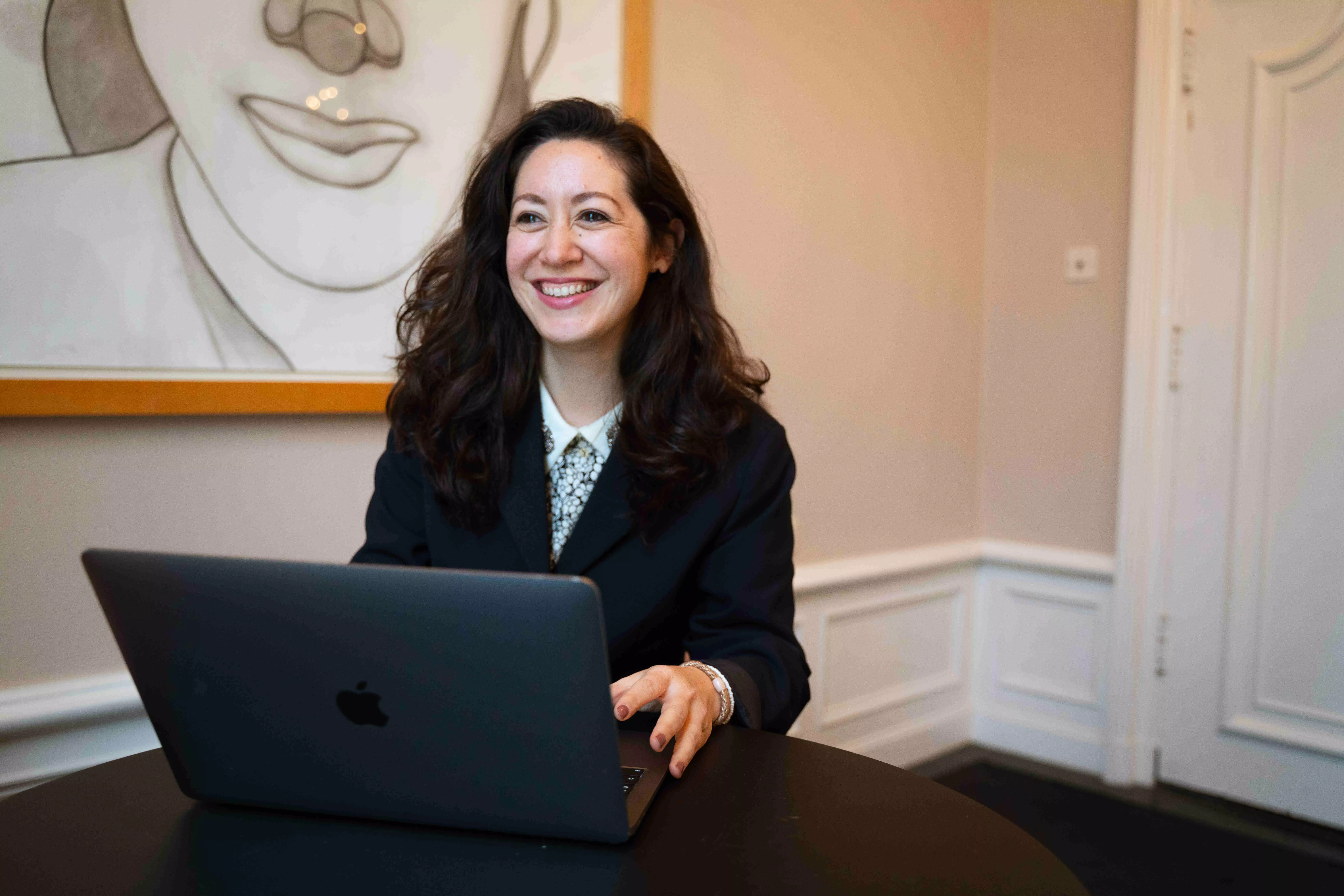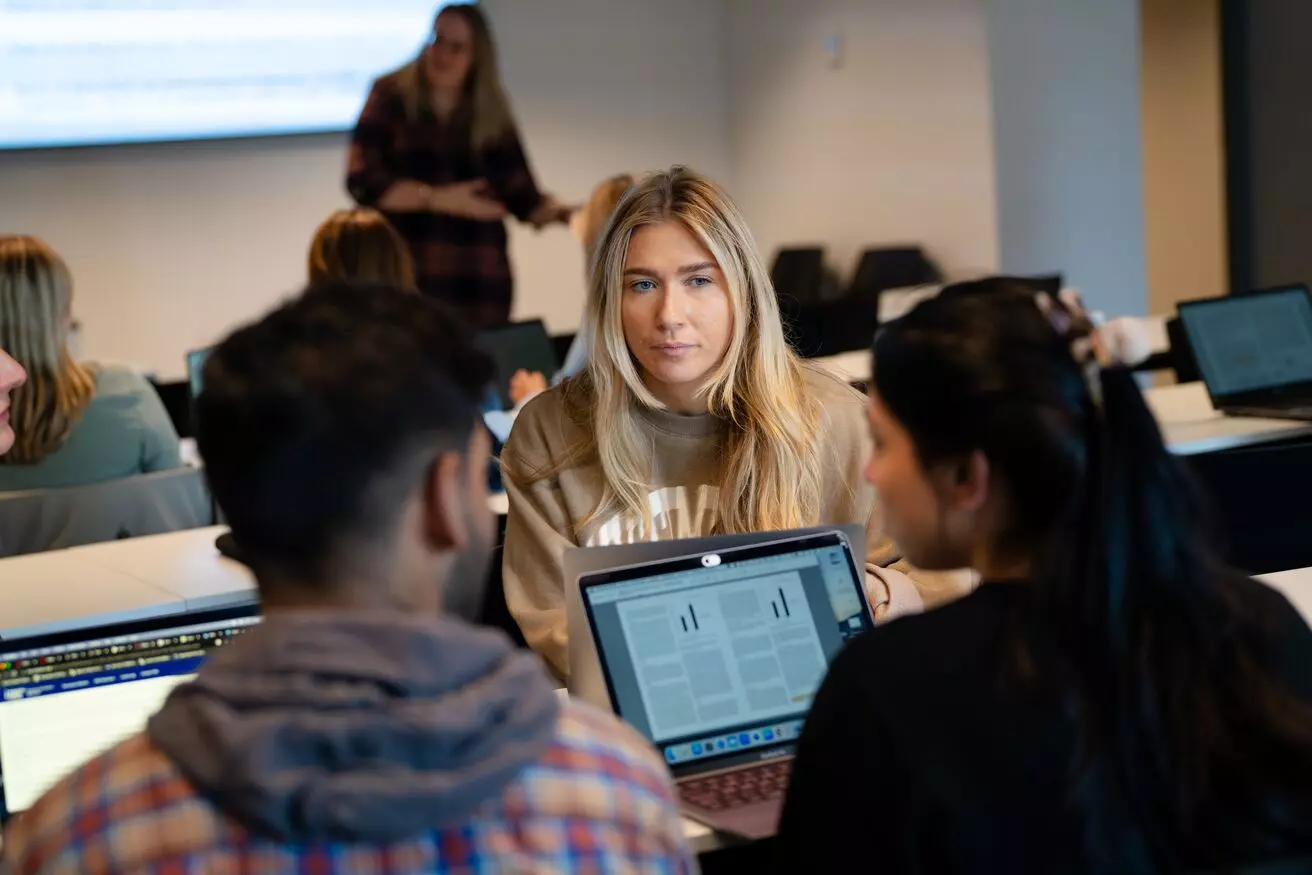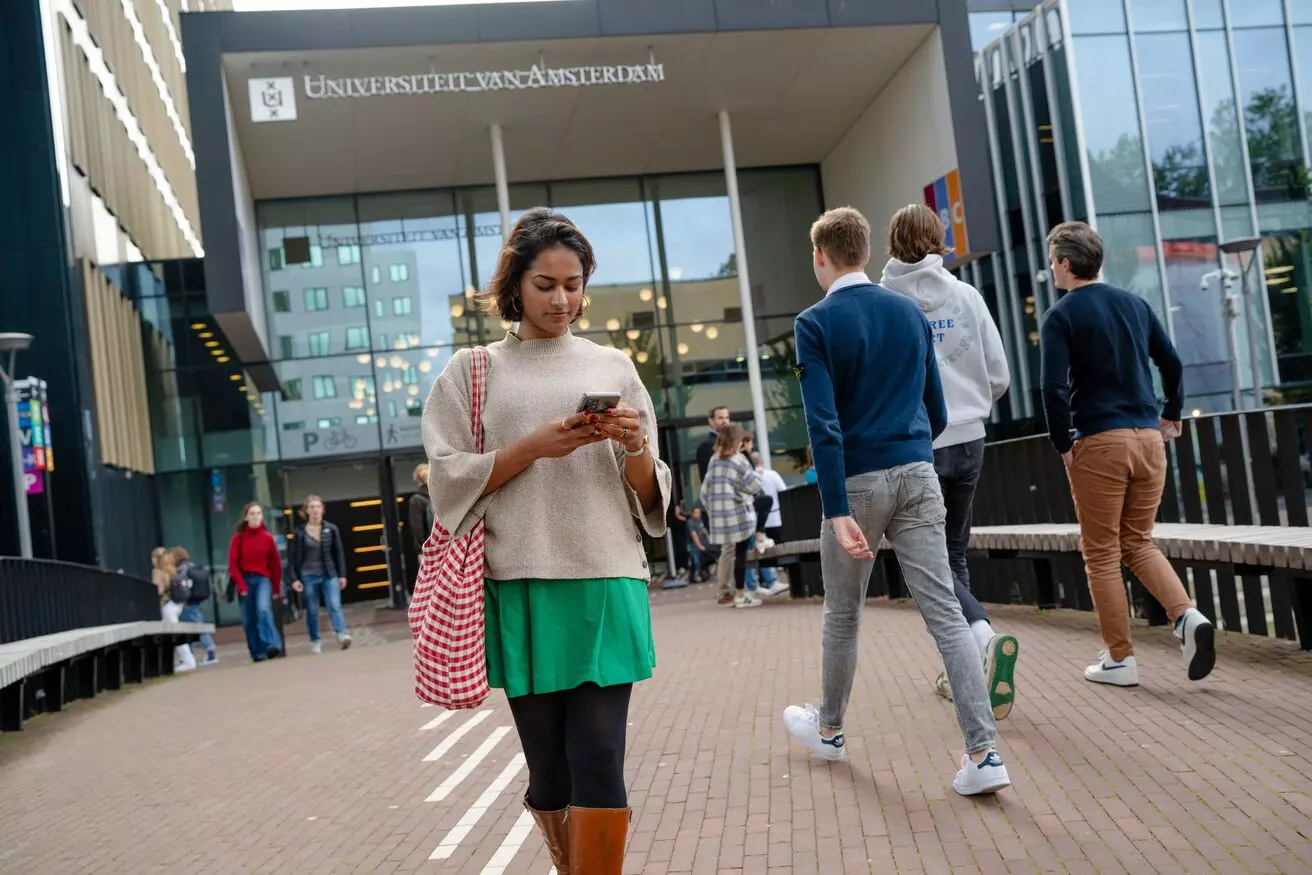This website uses cookies
We, and third parties, use cookies on our website. We use cookies to ensure that our website functions properly, to store your preferences, to gain insight into visitor behavior, but also for marketing and social media purposes (showing personalized advertisements). By clicking 'Accept', you agree to the use of all cookies. In our Cookie Statement. you can read more about the cookies we use and save or change your preferences. By clicking 'Refuse' you only agree to the use of functional cookies.
Not found

More vacancies

Spotlight
Dean PPLE College (internal vacancy)
- Amsterdam Law School
- €7.403 - €10.441
- PhD
- Closes on15-12-2025
Do you believe education can change society? Do you thrive on collaboration across disciplines? Do you enjoy working with ambitious and critical students and colleagues in a dynamic, team-oriented environment? If so, consider applying for the position of Dean of PPLE College at the University of Amsterdam. PPLE College offers a small-scale, interdisciplinary three-year Bachelor’s programme in the social sciences, integrating four disciplines: Politics, Psychology, Law, and Economics & Business. It is part of the Faculty of Law, operating in close collaboration with the Faculty of Social and Behavioural Sciences and the Faculty of Economics and Business.
View vacancy

Student Assistant 'Text Mining the Sustainability Implications of Commercial Space Activities'
- Faculty of Social and Behavioural Sciences
- €3.084 - €3.141
- University
- Closes on19-12-2025
Are you a master’s student eager to gain experience with research at the intersection of Natural Language Processing, Critical Discourse Analysis and space law? We are seeking a research assistant (RA) to join a small team for a new pilot study funded by the UvA Sustainability Platform (USP) entitled, Profit Above Us: The sustainability implications of commercial space activities.
View vacancy

Project manager
- Faculty of Science
- €3.546 - €5.538
- University
- Closes on04-01-2026
The project management department at the faculty of science (FNWI) of the University of Amsterdam is looking for a skilled and experienced project manager for NWO and Horizon Europe consortium grants.
View vacancy
